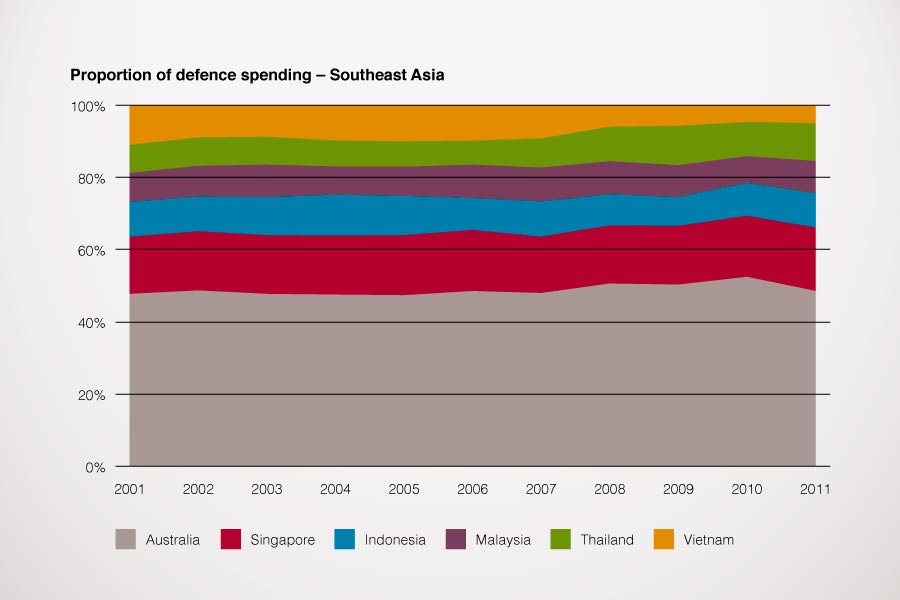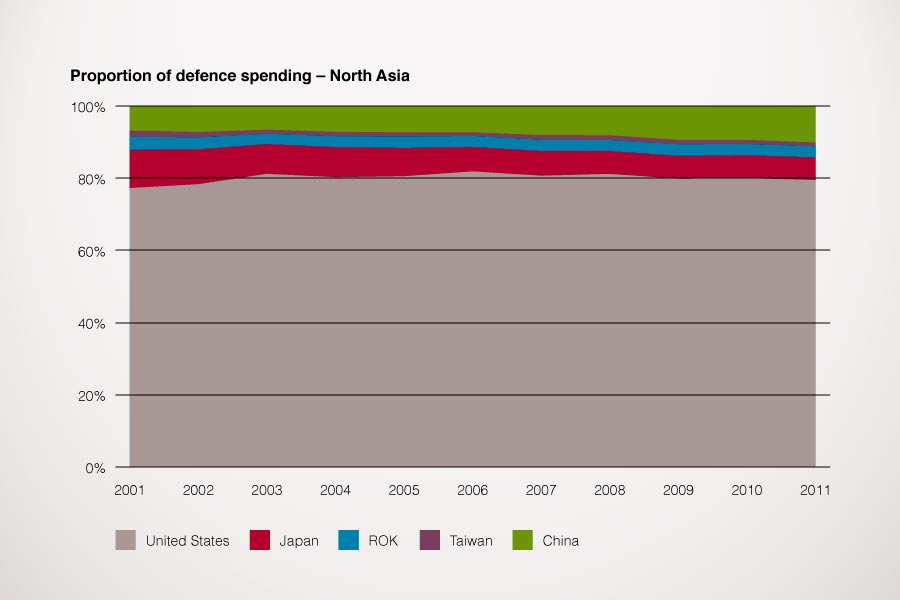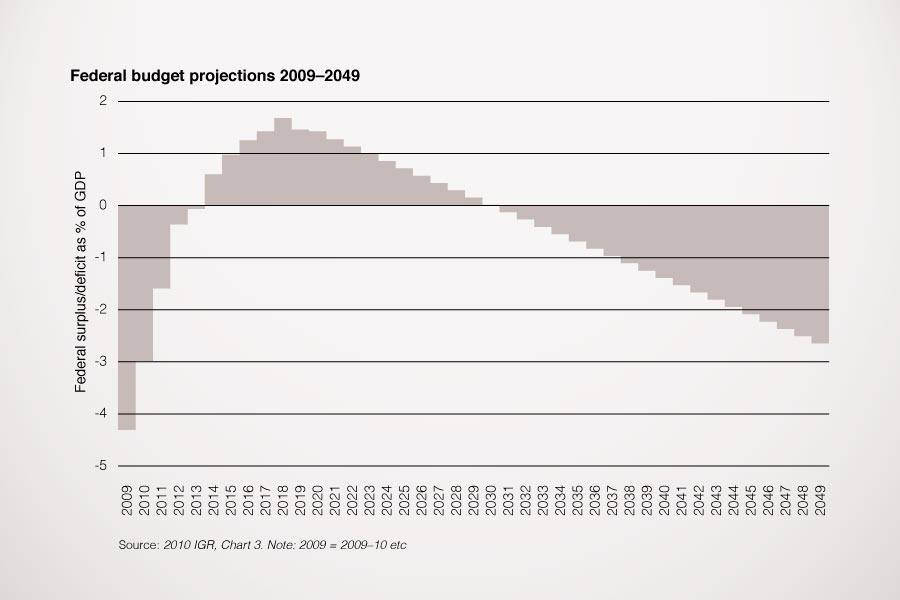Grand Strategy? What does that do for me?
Grand strategy is a big idea back in fashion as a useful way to think about and address important issues. But many grand strategic schemes advocated are complicated, incomplete, inappropriate and use arcane terms that perplex policymakers and non-experts alike.
Over the next few posts we’ll build a simple, minimalist framework for thinking more clearly and concisely about grand strategy. We’ll then apply the framework to thinking about two challenges Australia faces; withdrawing from Afghanistan and managing China’s emergence.
Why bother devising a grand strategy though? What does it do that something else doesn’t? Grand strategy is a way to try to get somewhere that you want to go. That may seem simple but can be better understood when compared against two well-known alternatives: opportunism and risk management. These are approaches that await events; they respond to other’s actions. They’re reactive but they can be useful.
Australia is good at opportunism, with notable examples (PDF) in both the Vietnam and Iraq Wars of jumping on board the American grand strategy and exploiting it for our own benefit. We’re also adroit at risk management; our last two Defence White Papers took a risk management approach of building up an armed force just in case a carefully chosen, particular risk eventuated. An insurance policy against a house fire if you will—and hope there’s not a flood, as it might not pay out! Both approaches depend on others and react to their activities. With opportunism you go where others take you, and Australia becomes a player in another country’s project. In risk management you sit down to await the hope-this-doesn’t-happen event. As the old saying goes, ‘hope is not a strategy’, and neither are opportunism and risk management. Read more


